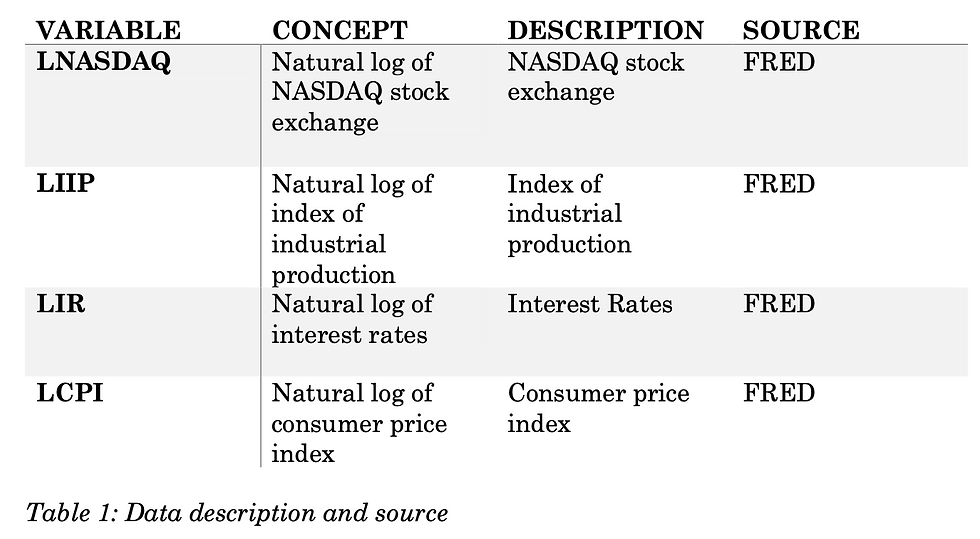Why Do We Make Bad Financial Decisions? The Science of Money Mistakes
- Loredana Mehmeti
- Sep 10, 2020
- 3 min read
By someone who once bought a £95 candle to feel something :)
Let’s be honest: we’ve all made some questionable financial choices. Maybe you spent your rent money on a “limited edition” sneaker drop. Maybe you opened your Uber Eats app with the innocent intention of ordering dinner, but ended up spending £45 on sushi, mochi, and “just a little treat” that you didn’t even finish. Or maybe you thought buying crypto after three beers at 2 a.m. was a solid investment strategy.
But why? Why do otherwise intelligent, rational humans regularly make terrible decisions with money?
Turns out, it’s not just you—it’s science. And a bit of psychology. And maybe some FOMO sprinkled on top.
1. Blame Your Brain: It’s Wired Weirdly
Your brain has two major decision-making systems: one is fast, emotional, and impulsive (thanks, limbic system), and the other is slow, logical, and likes to think things through (hello, prefrontal cortex).
Guess which one gets excited during a sale?
Yep—the emotional one. Your brain lights up like a Christmas tree when you spot a “50% OFF” sign, because it feels like you’re gaining something. Even if you’re buying a gold-rimmed hot dog toaster you never needed.
Our brains evolved to prioritize short-term rewards over long-term planning. In the wild, that made sense—if you found a bush full of berries, you ate them now. You didn’t create a berry retirement fund.
2. We Hate Losing More Than We Love Winning
This is called loss aversion, and it’s one of the most powerful psychological forces in personal finance. Studies show that people feel the pain of losing money twice as strongly as they feel the joy of gaining it.
That’s why we cling to losing investments (“It’ll bounce back!”) or hesitate to cancel unused subscriptions (“What if I do want to learn Japanese next month?”). Our brain tells us that walking away means accepting a loss—and our ego just can’t handle that.
3. Future You? That’s a Stranger
If you’ve ever promised yourself you’ll “start saving next month” or “budget properly after this one big weekend,” you’ve fallen into a classic trap: temporal discounting.
We tend to value immediate rewards more than future benefits. Your future self might be out there begging you to put that £150 into a savings account, but today’s you really wants bottomless brunch. And unfortunately, today’s you is holding the credit card.
Fun fact: in MRI studies, our brains light up exactly the same when we think about our future selves as when we think about strangers. No wonder we keep stealing from them.
4. Social Media Is Basically Financial Peer Pressure
We are very good at spending money to keep up with people we don’t even like. Social media has turned lifestyle comparison into a 24/7 sport. Everyone seems to be on vacation, buying homes, launching side hustles, and drinking aesthetic lattes in cashmere.
What we don’t see are the overdrafts, the credit card balances, and the moments of financial panic hiding behind those cute avocado toast pics.
So if you’ve ever thought, “Am I the only one who doesn’t have their financial life together?”—don’t worry. Everyone else is googling “how to consolidate debt” in secret too.
5. Money Is Emotional. Like, Really Emotional
We don’t just use money—we attach meaning to it. Security, power, success, self-worth, even love. That’s why it’s so easy to overspend when we’re sad, anxious, or trying to impress someone (shoutout to every first date you couldn’t afford but went all in on anyway).
Understanding your emotional money triggers can go a long way. Are you a stress-spender? A “treat yourself” enthusiast? A retail therapy regular? No shame—we’ve all been there. But awareness is the first step toward breaking the cycle.
So, What Can We Do?
The good news is: we’re not doomed. Here are a few quick brain-hacks to outsmart your inner impulsive spender:
Delay the decision: Wait 24 hours before buying anything over a certain amount. Let logic catch up.
Automate your finances: Future you might be a stranger, but they’ll appreciate that direct debit into savings.
Budget for fun: Deprivation leads to rebellion. Make space for guilt-free spending.
Unfollow and unplug: A curated social feed can help reduce financial FOMO.
And above all: be kind to yourself. We’re all just figuring this out, one overdraft alert at a time.
Final Thought:Bad financial decisions aren’t a personal failing—they’re a human one. And with a little understanding (and maybe a spreadsheet or two), we can all do a bit better.




Comments